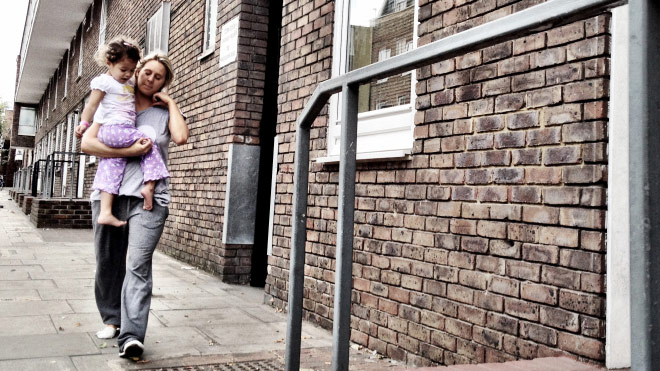NHS workers aren't border guards - so why are they forced to act like them?

At the TUC Black Workers Conference last April, the Royal College of Midwives tabled a motion calling for an immediate end to charging for NHS maternity care to safeguard the health and wellbeing of all mothers and babies.
The motion, which was passed, also called for a proper investigation into the impact of charging in the NHS on migrant health, cost recovery and clinician impact.
And at last week’s TUC conference in Manchester, delegates voted on motions concerning the rights of the Windrush generation, highlighting the contribution they have made to the NHS.
Concerns around charging women for maternity care are well established, and there is growing evidence that the NHS Overseas Visitor Charging Regulations are seriously undermining patient care.
Many of the pregnant women and new mums affected by charging live in extremely vulnerable circumstances, often experiencing destitution, poverty, sexual or economic exploitation and precarious living conditions.
Maternity Action’s latest research shows that charging what often amounts to thousands of pounds puts women under enormous stress and makes them incredibly fearful of accessing NHS services.
As one new mum who participated in the research put it:
Women avoid care not only because they fear getting into serious debt but because they’re afraid of being reported to the Home Office or having future immigration applications refused.
Current regulations mean the NHS Trust must report women’s unpaid debts for maternity care to the Home Office after only two months of non-payment. Since 2017, NHS Trusts must also flag the patient records of those who are chargeable.
This system has undermined the health professional’s duty of care to NHS patients, with GPs, consultants, junior doctors and midwives complaining that the patient-carer relationship has been fundamentally weakened by the requirement that they act as proxy ‘border guards’.
Building trust with a patient, especially one who may have complex care needs, is integral to the role of any NHS health professional.
It’s hard to see how that trust can be developed when the patient knows their details may be passed onto the Home Office.
And classifying patients by eligibility or imposing punitive charges on some and not others also changes the culture of the NHS, which must be rigorously challenged.
There’s also a real risk that racial profiling will be used to identify chargeable patients. The only way to avoid this would be make sure all women are assessed for eligibility to free care, which would be impracticable and costly to administer.
Maternity Action has found that some of the poorest, most vulnerable migrant women are being charged for care they cannot afford.
And health professionals and administrators have been forced into the unenviable position of having to police who gets access to free care and who does not.
That’s why we believe that all mothers living in the UK should have access to free, high quality maternity care.
And health professionals should be free to administer care without a duty to report on a woman’s immigration status.
Stay Updated
Want to hear about our latest news and blogs?
Sign up now to get it straight to your inbox
